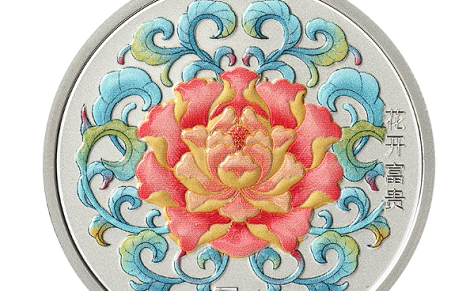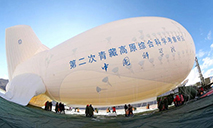U.S. eases sanctions on Cuba
WASHINGTON, May 16 (Xinhua) -- The administration of U.S. President Joe Biden announced Monday that it is lifting some sanctions on Cuba, making it easier for families separated between the two countries to reunite and creating a more conducive business environment for Cuban entrepreneurs.
U.S. State Department Spokesman Ned Price said in a statement that the Biden administration "will reinstate the Cuban Family Reunification Parole (CFRP) Program and further increase consular services and visa processing, making it possible for more Cubans to join their families in the United States via regular migration channels."
The CFRP allows up to 20,000 U.S. immigration visas to be issued to Cuban nationals annually. However, the CFRP processing has been suspended since 2017 due to the significant personnel drawdown at the U.S. embassy in Cuba ordered at the time by then-President Donald Trump's administration, citing security reasons. As a result, the U.S. Citizenship and Immigration Services has not issued invitations to participate in the program since September 2016.
Price also said in the statement that the administration will "make it easier for families to visit their relatives in Cuba and for authorized U.S. travelers to engage with the Cuban people, attend meetings, and conduct research."
The United States will support "greater access to U.S. Internet services, applications, and e-commerce platforms," and support "new avenues for electronic payments and for U.S. business activities with independent Cuban entrepreneurs, including through increased access to microfinance and training," the statement said.
The U.S. administration will cancel a 2019 rule placing a cap of 1,000 U.S. dollars as the maximum amount that one remitter can send to one Cuban national as a family remittance per quarter, said the statement, adding that Washington will support "donative remittances" to Cuban entrepreneurs.
Cuba has endured decades-long U.S. embargo. Striving for a detente in U.S.-Cuba relations, former President Barack Obama's administration reopened the U.S. embassy in Havana in 2015. Bilateral relations, however, vastly deteriorated during the Trump administration, whose policies toward Cuba turned hawkish.
Biden has made reversing the Trump-era restrictive policies toward Cuba his campaign promise, only to meet with conflicting pressures from Congress. Republican lawmakers of Cuban descent have criticized him for the rapprochement while some Democrats scolded him for failing to live up to his commitments.
Photos
 China’s central bank to issue commemorative coins on cultural theme of auspiciousness, including two heart-shaped coins
China’s central bank to issue commemorative coins on cultural theme of auspiciousness, including two heart-shaped coins Population of endangered black-headed gulls exceeds 10,000 mark in NE China’s coastal city of Panjin
Population of endangered black-headed gulls exceeds 10,000 mark in NE China’s coastal city of Panjin China's self-developed floating airship breaks record
China's self-developed floating airship breaks record Chinese germplasm bank conserves biodiversity in warm temperate zone
Chinese germplasm bank conserves biodiversity in warm temperate zone
Related Stories
- U.S. in sorrow, outrage after "racially-motivated" mass shooting
- Toll of shame and political dysfunction: China Daily editorial
- U.S. offers all-pain, no-gain economic deal to Southeast Asian leaders: report
- Interview: U.S. sanctions rob Syrians of basic needs: official
- U.S. Treasury Secretary in Warsaw to discuss taxes, Ukraine issue
Copyright © 2022 People's Daily Online. All Rights Reserved.






